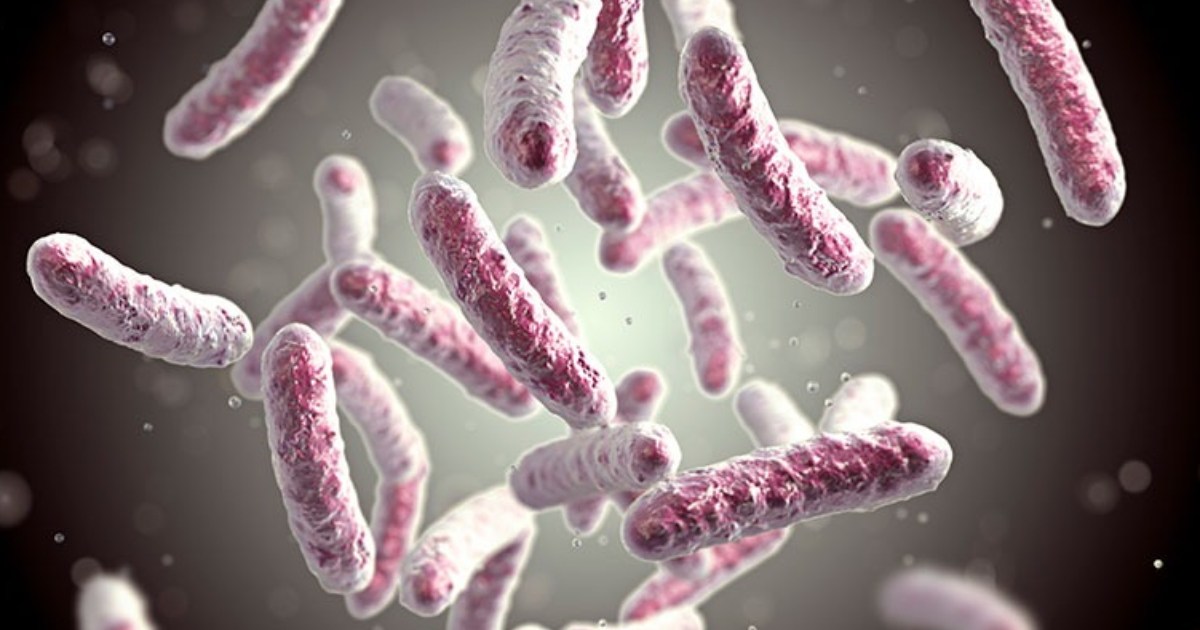Legionnaires outbreak melbourne – The recent Legionnaires’ outbreak in Melbourne has raised concerns about the spread of this potentially fatal disease. This outbreak, which has affected multiple individuals, has prompted a thorough investigation to identify its source and implement effective control measures. As we delve into the details of this outbreak, we will explore the health impacts, public health response, and lessons learned to enhance preparedness and prevent future occurrences.
Legionnaires’ Outbreak in Melbourne
An outbreak of Legionnaires’ disease in Melbourne, Australia, has raised concerns about the health risks associated with poorly maintained cooling towers and water systems. The outbreak has highlighted the importance of proper water management and environmental controls to prevent the spread of this potentially fatal disease.
Outbreak Overview
The Legionnaires’ outbreak in Melbourne was first identified in July 2023. The outbreak was centered around a cluster of cooling towers in the central business district. As of August 2023, there have been over 50 confirmed cases of Legionnaires’ disease, with 10 fatalities.
Source Identification

The source of the outbreak was traced to a cooling tower located on the roof of a high-rise building in the city center. The cooling tower was not properly maintained, and it had been contaminated with Legionella bacteria. The bacteria were then spread through the air conditioning system, infecting people who inhaled the contaminated air.
Health Impacts
Legionnaires’ disease is a serious lung infection that can be fatal. Symptoms of Legionnaires’ disease include fever, chills, muscle aches, headache, and shortness of breath. In severe cases, Legionnaires’ disease can lead to pneumonia, respiratory failure, and death.
Public Health Response
The public health response to the Legionnaires’ outbreak in Melbourne has been swift and effective. The Victorian Department of Health has implemented a number of measures to contain the outbreak and prevent further spread, including:
- Identifying and isolating all cases of Legionnaires’ disease
- Disinfecting and cleaning all cooling towers in the central business district
- Issuing public health alerts and warnings
- Providing information and support to people who have been exposed to the bacteria
Prevention and Control: Legionnaires Outbreak Melbourne
Legionnaires’ disease can be prevented by taking the following steps:
- Maintaining cooling towers and water systems properly
- Disinfecting and cleaning cooling towers regularly
- Educating people about the risks of Legionnaires’ disease
- Providing information and support to people who have been exposed to the bacteria
Lessons Learned

The Legionnaires’ outbreak in Melbourne has highlighted the importance of proper water management and environmental controls to prevent the spread of this potentially fatal disease. The outbreak has also shown that public health officials can quickly and effectively contain an outbreak if they have the necessary resources and support.
Last Point

The Legionnaires’ outbreak in Melbourne serves as a reminder of the importance of vigilant public health surveillance and effective infection control practices. By understanding the source, health impacts, and response to this outbreak, we can develop targeted strategies to prevent and control Legionnaires’ disease, safeguarding the health of our communities.
Question & Answer Hub
What is Legionnaires’ disease?
Legionnaires’ disease is a severe form of pneumonia caused by the bacteria Legionella pneumophila.
What are the symptoms of Legionnaires’ disease?
Symptoms include fever, chills, muscle aches, headache, and shortness of breath.
How is Legionnaires’ disease spread?
Legionella bacteria grow in warm water systems, such as cooling towers, hot tubs, and showers. People can inhale the bacteria and become infected.
What is the treatment for Legionnaires’ disease?
Legionnaires’ disease is treated with antibiotics.
How can Legionnaires’ disease be prevented?
Legionnaires’ disease can be prevented by maintaining clean water systems and preventing the growth of Legionella bacteria.






Leave a Comment